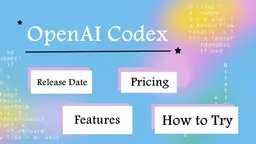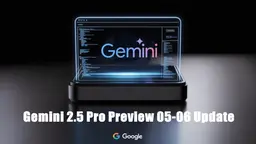Zilliz Cloud Howto
Zilliz Cloud is a fully-managed vector database service built on open-source Milvus that provides high-performance similarity search, scalability, and enterprise-grade security across major cloud platforms (AWS, GCP, and Azure).
View MoreHow to Use Zilliz Cloud
Sign up for Zilliz Cloud: Create a free account at cloud.zilliz.com/signup to get started with Zilliz Cloud
Create a Cluster: Once logged in, create a new cluster through the Zilliz Cloud console. You'll receive cluster credentials that you need to save securely for later connection
Install SDK: Install one of the supported Milvus SDKs (Python, Java, Node.js, etc.) or use the RESTful API to interact with your cluster
Connect to Cluster: Use your cluster credentials (endpoint URL and token/API key) to establish connection to your cluster using the SDK of your choice
Define Schema: Create a collection schema defining the fields and their data types, including vector fields with appropriate index parameters (metric type: COSINE, L2, or IP)
Create Collection: Create a collection based on your schema to store your vector data
Insert Data: Insert your vector data into the collection using the SDK methods. You can insert single entities or batch insert multiple entities
Build Index: Create an index on your vector field to optimize search performance. You can use AUTOINDEX for automatic index selection
Perform Search: Execute vector similarity searches on your data using various search parameters and filters to retrieve relevant results
Monitor & Scale: Monitor your cluster's performance through the console and scale resources up or down as needed based on your workload
Zilliz Cloud FAQs
Zilliz Cloud is a managed vector database built on Milvus® that offers high-performance vector search, AI-powered optimization, and enterprise-grade security. It allows users to store, index, and manage massive embedding vectors generated by deep neural networks and machine learning models.
Zilliz Cloud Monthly Traffic Trends
Zilliz Cloud saw a 5.5% decline in traffic, amounting to a decrease of 9,715 visits. Despite recent enhancements to its Bring Your Own Cloud (BYOC) capabilities, which improve data control and security, the lack of major updates or market activities in April 2025 may have contributed to the slight drop in visits.
View history traffic
View More











